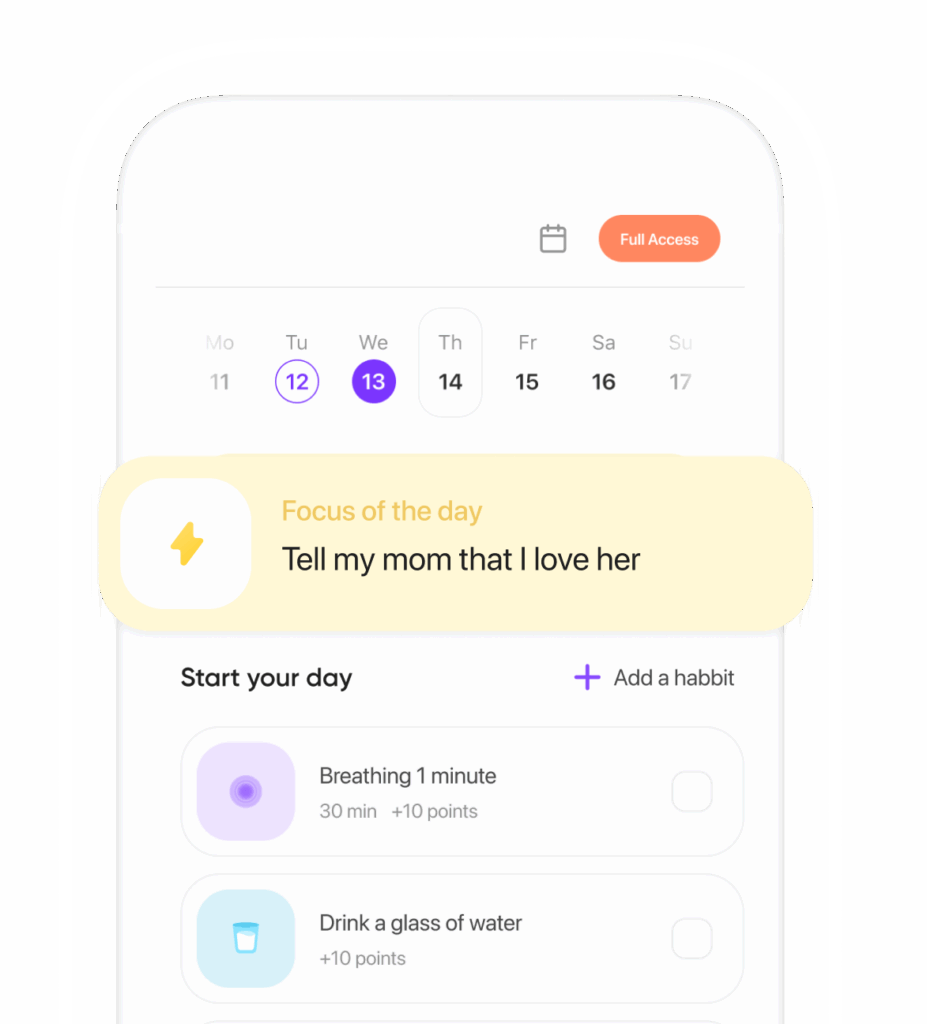Table of Contents
- Understanding Social Anxiety
- Cognitive Behavioral Techniques
- Mindfulness and Relaxation
- Building Social Skills
- Lifestyle Changes
- Seeking Support
- Measuring Progress
Understanding Social Anxiety
So, what is social anxiety disorder (SAD)? It involves this crippling fear of being judged or under the microscope during social situations. This fear… well, it can be a real life-changer — affecting everything from your daily routine to your relationships. According to the National Institute of Mental Health, SAD often kicks off during those teenage years, making early intervention a pretty smart move.
Cognitive Behavioral Techniques
Cognitive Restructuring
Cognitive restructuring is right at the heart of cognitive-behavioral therapy (CBT). It’s all about spotting and tackling negative thought processes that fuel social anxiety. Take this thought, “I’ll mess up that presentation for sure.” Now, ask yourself, “Where’s the proof for that?” Changing your perspective can ease that anxiety and boost your self-esteem. Sounds simple enough, right?
Exposure Therapy
Exposure therapy is about tiptoeing your way into anxiety-inducing scenarios, but in a controlled way. Start small. Maybe just making eye contact or saying hello to a stranger on the street? These baby steps can gradually reduce the fear over time, making social interactions less daunting.
Mindfulness and Relaxation
Mindful Breathing
Let’s talk about mindful breathing. It’s a straightforward method to tame the mind. Focus on your breathing — inhale deeply, exhale slowly. Easy, right? This practice has not only been shown to quell immediate anxiety but also helps with emotional balance over the long haul.
Progressive Muscle Relaxation
Then there’s progressive muscle relaxation (PMR). It’s about tensing, then slowly easing each part of your body. This technique can soothe those physical symptoms of anxiety — like that tense feeling in your shoulders or the jitteriness you can’t shake off.
Building Social Skills
Assertiveness Training
How about assertiveness training? It’s about voicing thoughts and feelings with confidence and respect. Practicing saying “no” nicely, or maybe rehearsing how to share your opinions. Being assertive allows you to handle social situations with much more ease.
Role-Playing
Role-playing with someone you trust is also valuable. It’s like a dress rehearsal for social interactions. You get to practice, learn, and gain feedback, which can build your confidence in real-world scenarios.
Lifestyle Changes
Regular Exercise
Research from places like the Mayo Clinic points to exercise being a fantastic anxiety-buster. Whether it’s a brisk walk or a yoga session, getting moving can boost endorphins — those fantastic mood lifters.
Balanced Diet
Eating well matters too. A diet filled with omega-3s, antioxidants, and B vitamins — available in foods like salmon and spinach — supports mental health and can have a positive impact on anxiety.
Seeking Support
Support Groups
Joining a support group offers community and understanding. Sharing your journey with others who are in the same boat not only reduces isolation but provides some practical coping tips too.
Professional Help
Of course, there’s always professional help if self-help doesn’t cut it. Therapists skilled in CBT or acceptance and commitment therapy (ACT) can create a treatment plan to suit you.
Measuring Progress
Journaling
Try keeping a journal. It’s not just for teenagers! Writing down experiences and tracking anxiety levels over time can be informative. Plus, it doubles up as a therapeutic release.
Self-Compassion
Practicing self-compassion is about cutting yourself some slack. Remember, overcoming social anxiety is a journey, not a race. Pat yourself on the back for progress, no matter how small.
Social anxiety can feel like a heavy burden, but the right self-help techniques can lighten the load. From cognitive restructuring and mindfulness to lifestyle tweaks, these strategies foster resilience and confidence. Don’t hesitate to reach out for professional help if needed. Why not take a step today?
References
- National Institute of Mental Health. (2020). Social Anxiety Disorder: More Than Just Shyness.
- Mayo Clinic Staff. (2021). Exercise and stress: Get moving to manage stress.
- Hofmann, S. G., & Smits, J. A. J. (2008). Cognitive-behavioral therapy for adult anxiety disorders: A meta-analysis of randomized placebo-controlled trials. The Journal of Clinical Psychiatry, 69(4), 621-632.
Ready to transform your life? Install now ↴
Join 1.5M+ people using AI-powered app for better mental health, habits, and happiness. 90% of users report positive changes in 2 weeks.
